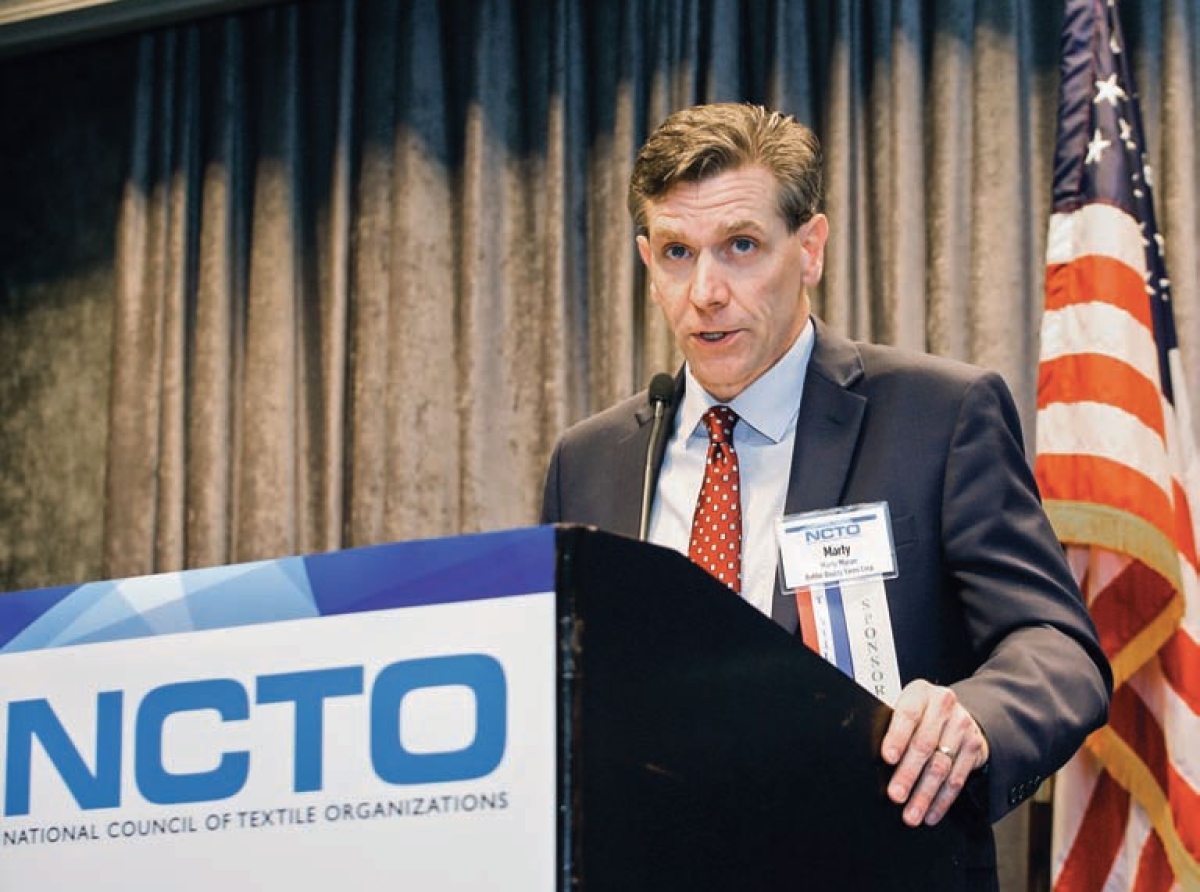NCTO Pres., CEO Kim Glas Issues Statement on USTR 301 Tariff Review

05 May 2022, Mumbai:
Statement from NCTO President and CEO Kim Glas:
ALSO READ NCTO Welcomes House Passage of America COMPETES Act; Helps Close De Minimis Loophole
“We have long advocated for the 301 penalty tariffs to remain on finished textile and apparel products from China. Not only do they increase the government’s negotiating leverage to address the Chinese government’s serious predatory trade practices that have hurt our domestic manufacturing sector and that of our free trade agreement partners for decades; they also send a strong message to China that the United States is committed to addressing systemic predatory trade practices that have undermined domestic industries and their workers.
For decades, China’s illegal actions have undermined virtually every domestic manufacturing sector and contributed to the direct loss of millions of U.S. jobs.
These devastating state-sponsored practices, which include intellectual property theft, pervasive state-ownership of manufacturing, industrial subsidies, and abhorrent labor and human rights abuses in the Xinjiang region, have allowed China to dominate the global marketplace, which has had severe ramifications on American workers and our Western Hemisphere trade allies. As sourcing executives seek to de-risk out of China for these products, our sector is experiencing massive investment in the U.S. and Western Hemisphere supply chains.
In fact, we expect approximately $1 billion of investment announced in the United States and Central America this year alone, as penalty tariffs have played a key role in sourcing shifts.
We have long advocated for the tariffs to be maintained on finished textile and apparel products to ensure we address these larger systemic issues that have substantially hurt our manufacturing sector and offshored jobs.
Join our community on Linkedin
























